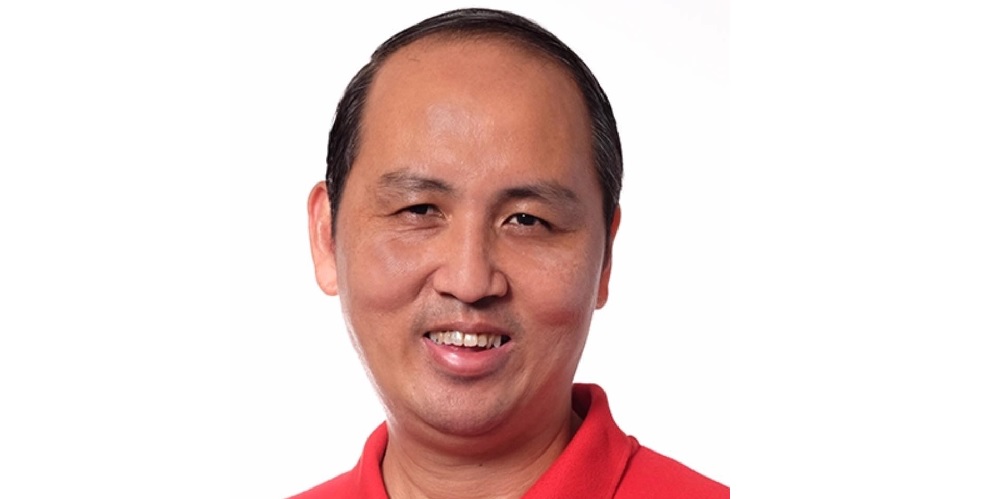More people will succumb to the deadly COVID-19 if people continue to defy the circuit breaker measures implemented by the Government to curb the spread of the novel coronavirus, said National Centre for Infectious Diseases (NCID) clinical director Shawn Vasoo on Monday (13 April).
He made this comment about a week after Singapore implemented its circuit breaker measure where all non-essential services in the country have temporarily shut down following a rising number of cases.
On Monday, the Ministry of Health verified and confirmed an additional 386 cases of the infection in the country, bringing the total to 2,918. This figure marks the highest number of cases in a single day since Singapore discovered its first confirmed COVID-19 infection on 23 January this year.
If that’s not all, the virus also claimed the lives of nine people in the country to date.
Ever since the circuit measures came into effect last week, people are prohibited from leaving their home unless they want to get essential items. Additionally, dining-in at eateries have also been banned and everyone has to ensure that they maintain at least 1m distance from each other when exercising and standing in queues.
Despite stringent measures imposed to stem the spread of the deadly coronavirus, there have been many reports of people who continue to ignore the restrictions by working out in groups, standing too close to each other while queuing up, gathering with others outside their house, as well as crowding parks and park connectors.
Dr Vasoo stated that people are not taking the current pandemic situation seriously enough, and urged them to be more socially responsible.
“The attitude of some members of the public is lackadaisical. More people are going to die and unfortunately, this includes more Singaporeans too if they do not adhere to the circuit breaker,” he said.
He also urged people to stay at home and wear a mask when they need to venture out for essential work and are not able to avoid close contact with others.
“Please exercise social and moral responsibility… this is not the time to hang out and congregate with others,” he said.
If that’s not all, Dr Vasoo also requested everyone in Singapore to use reusable masks in a proper manner in order to provide “some basic protection” for themselves. Some of the things they can do is to ensure they clean and dry the mask when it gets moist. This is because filtration efficacy reduces in such condition. He also advised people to learn how to remove the mask properly without contaminating one’s hands.
Challenging disease to handle
NCID’s executive director Leo Yee Sin also agreed with Dr Vasoo’s statement, and acknowledged that being responsible—by staying at home, not visiting places and avoiding seeing older family members—might include sacrificing a bit of freedom.
But, she added that COVID-19 is a difficult disease to curb due to three reasons. The first is that it is not harmful and mild illness, which is paired with a high virus secretion at its onset.
“This causes infected individuals to misjudge the seriousness of their illness, and (to) have a tendency to continue routine activities without realising the danger of spreading the infection,” said Prof Leo.
Secondly, she explained that there are a lot of evidences showing that the virus can be transmitted by people even before they realise that they have the symptoms.
Thirdly, COVID-19 is a novel pathogen and the entire Singapore is susceptible to it.
“Anyone of us can be infected and, if we are not careful, can serve as a transmitter passing on the virus to others. When that happens, those most at risk are the people close to us, such as family members, colleagues and close friends,” she noted.
More stringent safe distancing measures
On Sunday, stricter safe distancing enforcement measures, like giving out fines to first offences, came into effect.
Ministry of the Environment and Water Resources (MEWR) said on Sunday that more than 200 composition fines will be issued to members of the public who breached the elevated safe distancing measures.
According to MEWR, the Singapore Food Agency (SFA) detected an operator illegally hawking perishable wares at Bukit Batok on 11 April. The hawker had been instructed to cease operations immediately.
SFA will also be issuing a $1,000 fine to the hawker under the COVID-19 (Temporary Measures) Act 2020.
Meanwhile, MEWR noted that there were significantly reduced numbers of people being spotted at town and neighbourhood centres as of 12 April, while crowds at parks have thinned with tightened enforcement measures.
However, MEWR noted that there were still a minority of people who continue to flout the safe distancing measures and continue to gather in groups to exercise, play sports and socialise.
On the other hand, the National Environment Agency (NEA) noted in its press release that 30 fines of S$300 each were issued to members of the public on 12 April for breaching the safe distancing measures at or near markets and hawker centres.
“Since the long weekend started on 10 April, a total of 32 fines and 120 written warnings were issued over three days to members of the public for non-compliance with safe distancing measures at or near the markets and cooked food sections of hawker centres,” said NEA, adding that police assistance was required for 28 uncooperative cases.
Earlier on 9 April, Minister for Environment and Water Resources Masagos Zulkifli announced that anyone who is found to be in breach or elevated safe distancing measures will face a stern written warning, while those who repeatedly flout the measures will be fined or charged in court.
According to Mr Masagos, first-time offenders will be issued a stern written warning. Individuals who commit a second offence will be fined S$300, while a third offence will lead to the person being charged in court.






